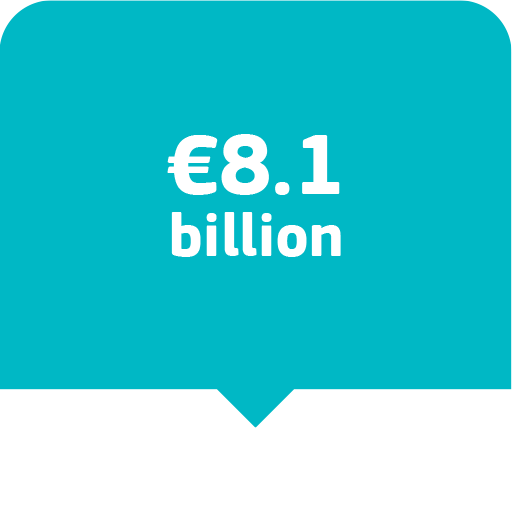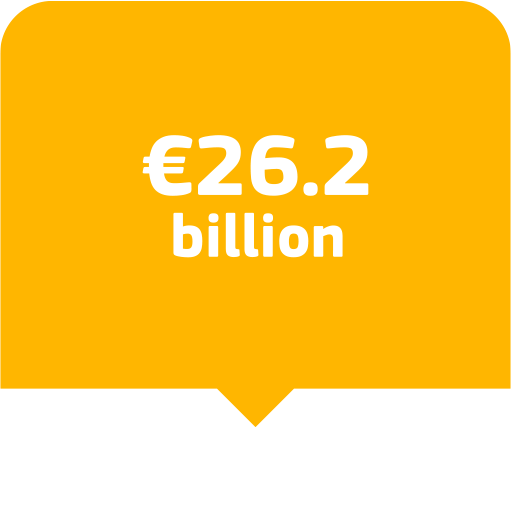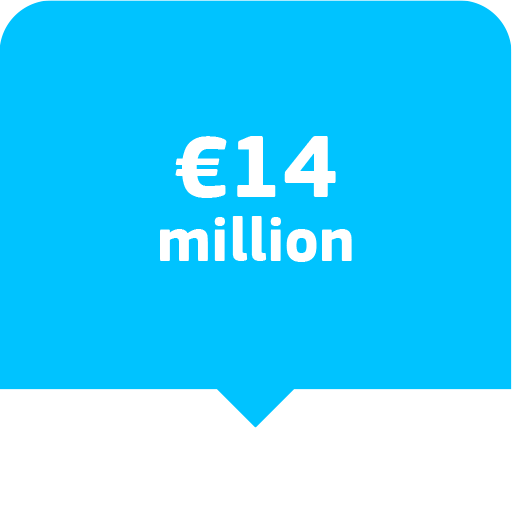Young Europeans have potential and skills that can help address labour shortages and invigorate the declining EU workforce. They should be given every possible opportunity to thrive in the green and digital transitions and help shape the future of the EU. The EU helps to empower young people through policies, initiatives and funding that facilitate their integration into the labour market and improve the training opportunities available to them.
The situation
Vocational education and training, traineeships and apprenticeships help young people get ready for their first job and enable them to learn new skills and develop their careers.

68% of young trainees found a job after completing a traineeship.

Since 2014, more than 36 million young people in Youth Guarantee programmes have secured jobs, apprenticeships/traineeships, or continued education.

Since 2013, the European Alliance for Apprenticeships has helped more than 2.5 million young people find an apprenticeship.
Young people in the EU are well suited for jobs in the digital and green economy. The green transition alone could create up to 1 million additional jobs in the EU by 2030.

71% have at least basic digital skills, 17% more than the general population.

64% think having a job that helps the green transition is important, 9% more than the general population.

55% believe their current skills can contribute to the green transition.
Youth unemployment
The youth unemployment rate is more than twice the EU unemployment rate.
In addition, 8 million young people aged 15 to 29 are not in education, employment, or training.
EU funding available

The European Social Fund Plus (ESF+) is the EU’s main instrument for investing in people. It provides funding to improve youth employment and help young people learn new skills.

The Recovery and Resilience Facility (RRF) requires Member States to promote skills-related measures specifically addressing the next generation as one of their six pillars, in line with the reinforced Youth Guarantee.

Erasmus+ allocates funding for education and training initiatives for young people. This includes reinforcing the quality of informal education (i.e., learning from daily life experience and the surrounding environment) and of non-formal learning (i.e., outside the formal education system).

Horizon Europe provides earmarked funding targeting young people. The 2023-2024 work programme offers young people opportunities for the chance to engage in democratic dialogue as well as education opportunities for an effective transition to the labour market.
